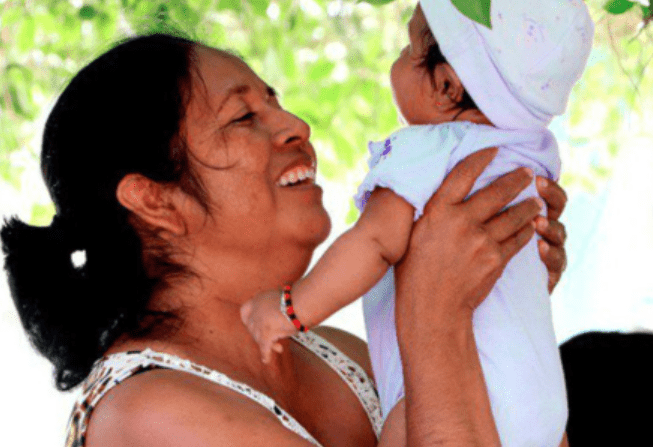The government of Mexico is seeking a US$700 million loan from the World Bank to carry out programs related to improving gender policies.
Mexico is an upper-middle income country and a member of the OECD, but it cannot realize its full development potential without addressing existing gender gaps.
Despite substantial improvements in different aspects of gender equity, from declining fertility and maternal mortality rates, increasing life expectancy, and closing enrollment gaps in primary and secondary education, among others, significant gender gaps in economic opportunities remain.
These include low female labor force participation, high levels of participation in informal economic activities, low productivity self-employment and limited access to productive inputs.
Only 45% of Mexican women of working age participate in the labor force, compared to an average of 51% in the Latin American and Caribbean region and 52% in OECD countries.
According to the credit proposal, persistent institutional constraints hinder women’s access to productive inputs and their participation in the labor force, undermining Mexico’s economic development.
Gender policies
Mexico’s gender gap in labor market participation is associated with a potential loss of up to 25% of per capita income.
Addressing gender gaps, such as those related to a high degree of low-productivity self-employment and women’s low access to productive inputs, would lead to higher growth dividends.
In 2018, only 26.5% of women had access to formal credit, which is largely based on having fewer physical assets that can be used as collateral.
Only 35% of Mexican women owned at least one high-value asset, and while 65% had some type of financial product, only 31% had a pension fund.
Motherhood
In addition, caregiving responsibilities are overwhelmingly assumed by women and, although women with older children are likely to return to the labor force, lack of confidence in childcare services is reported as the most frequent reason behind the decision not to work.
At the same time, demand and supply constraints are behind the low 8.7% of 0-3 year olds who are enrolled in early childhood care and education services, compared to an OECD average of 25%.
![]()

